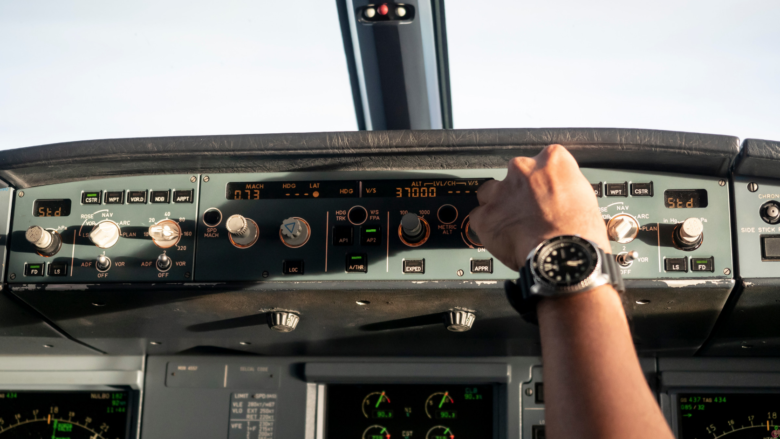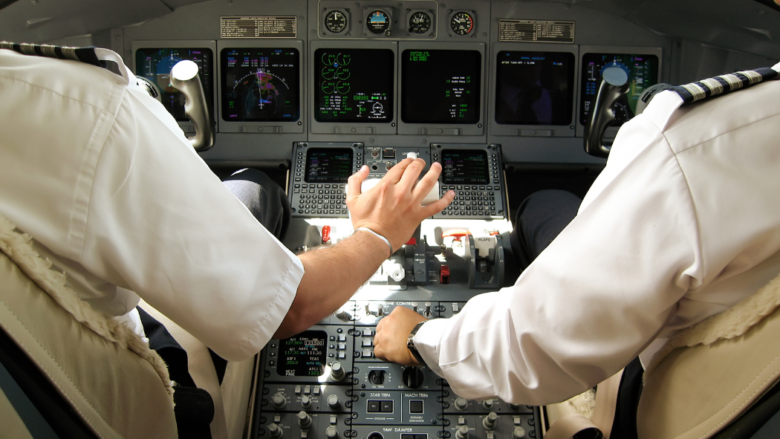Today’s topic may surprise you as may wonder why I ask whether the Captain should always make the best decision.
And you’re probably thinking : “Of course!”, and I certainly wouldn’t want to fly on a plane with a captain who doesn’t make the best decision!
Well let me tell you right away that if that was the expectation, many decisions would never get made.
Decisions are only as good as the time you have to make them, which has a direct impact on how much time you have to gather information and other peoples’ opinion.
So, of course, the expectation isn’t the best decision. It is that “the captain, at all times, is expected to take a safe course of action, deviating, if needed from standard operating procedures”.
This powerful statement summarizes the one paramount duty of the Captain: Safety, always. And when a situation arises that compromises it: an engine failure, a fire onboard, or any abnormal situation or combination thereof, the captain will have to jointly take initial relevant actions with the coppilot to try and improve this situation, and then evaluate the need to land.
This evaluation is critical and will give the Captain an idea of how much time they have, whether all steps of the remaining procedures can be done, or whether the situation is too dire.
Needless to say, the best decision that may require hours of meetings with specialists may not be readily available, and one may have to settle with… a good enough decision.
We explain how to get there in Module 4 on decision models, one of our client’s favorite modules, where they get to realize that Aviate Navigate Communicate was but a beginning.
Being able to explain this to your recruiter will immediately rise your likelihood of being employed.
See you soon at Airline Selection Programme (ASP).
Guillaume D, Founder and CEO
Airline Selection Programme



